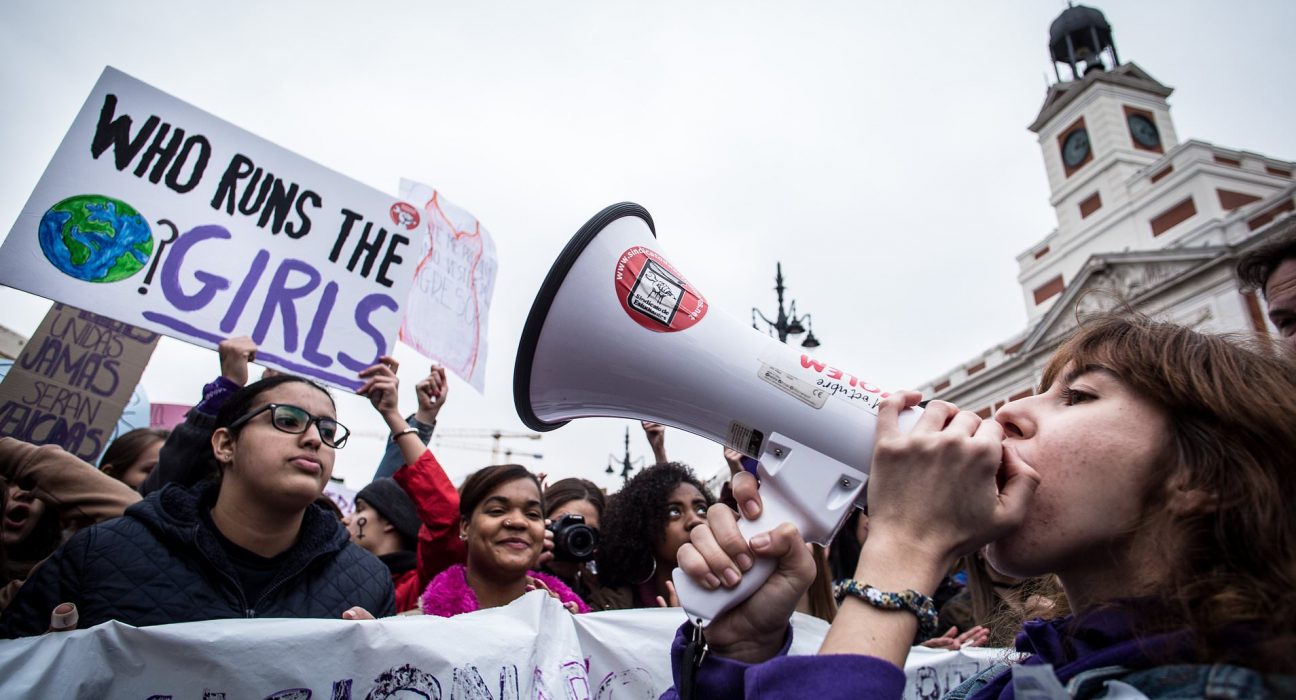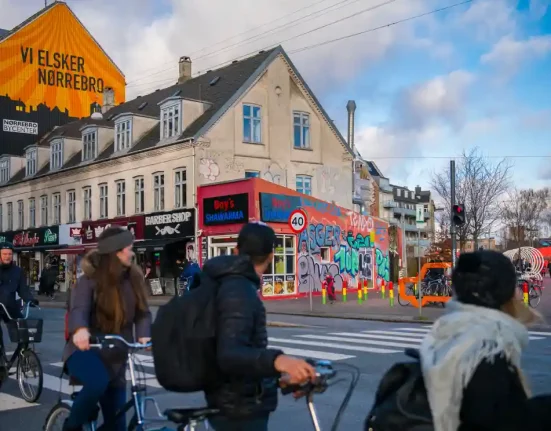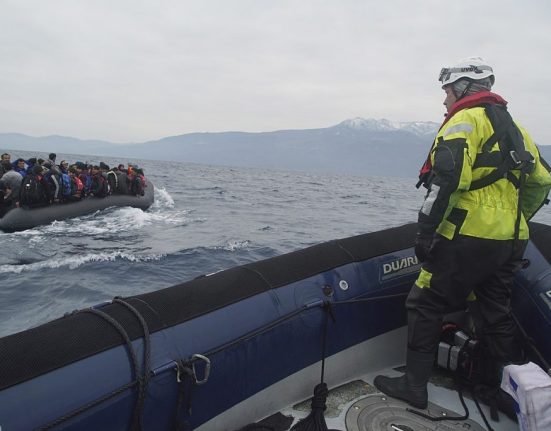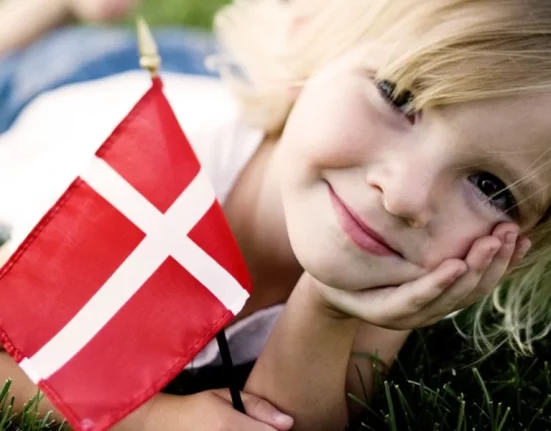Denmark has among Europe’s highest rates of rape. Victims of rape have had traumatic experiences. After alleging assault, a lady was thrown into a police cell.
Kumi Naidoo stated, “Despite Denmark’s image as a land of gender equality, the reality for women is starkly different.”
According to Amnesty International, Denmark has among the worst rape rates in Europe due to outdated legislation and an “insidious culture of victim-blaming.”
It also demonstrates how defective laws and pervasive detrimental misconceptions and gender norms have harmed girls and women in Denmark, leading to widespread tolerance for rapists.
Presently, Danish legislation does not describe rapes showing a lack of permission; instead, it utilizes a strategy focused on whether the victim was subjected to physical assault, threat, or coercion or whether the victim was unable to resist.
Despite Denmark’s reputation as a place of equality of the sexes, women in the country are surprisingly different, with astonishingly high percentages of punishment for sexual assault and outmoded rape laws that struggle to reach international norms.
Despite current government initiatives to increase survivors’ access to the courts, rape in Denmark continues to be under-reported. Even when females report it to police, the odds of being prosecuted or convicted remain minimal.
Only police investigated 890 rapes. Despite official numbers revealing that 5,100 women were raped or attempted raped and further research estimating the total at 24,000 women, this remains the case.
Thrilling adventures
According to Amnesty International’s study, survivors typically find the reporting procedure and its effects very traumatic. Judgmental views, victimization, and discrimination are common responses.
Survivors informed Amnesty International that they did not report rape because they were afraid of not being recognized or of being chastised and humiliated by police and judicial authorities.
Kirstine, a 39-year-old reporter, attempted to report rape to the police four times. On her second try, she was escorted to a police station and cautioned that she might face jail time if she lied.
“If I were 20 years old, I wouldn’t have progressed after the first try,” she said of the reporting procedure, which she characterized as “f I was 20 years old, I wouldn’t have proceeded after the first attempt.”
“I was just one 21-year-old woman, sitting there with two guys looking at me, saying, ‘are you sure you want to report this?’…I was just a young girl ‘claiming’ to have been raped.” I was simply a little girl who claimed to have been raped.”
Despite public security rules on how to handle cases of rape, public police practice in Denmark is varied. It frequently falls way short of both of these principles and international norms.
Emilie said that if she were raped again, she would not report it to the police: “When they push me in court, it is almost like experiencing it all over again, and then you end up feeling worse about yourself, feeling like ‘it’s my fault, it was me who did something wrong.'”
Amnesty International urges the Danish government to amend the existing law to include an assent rape term.








